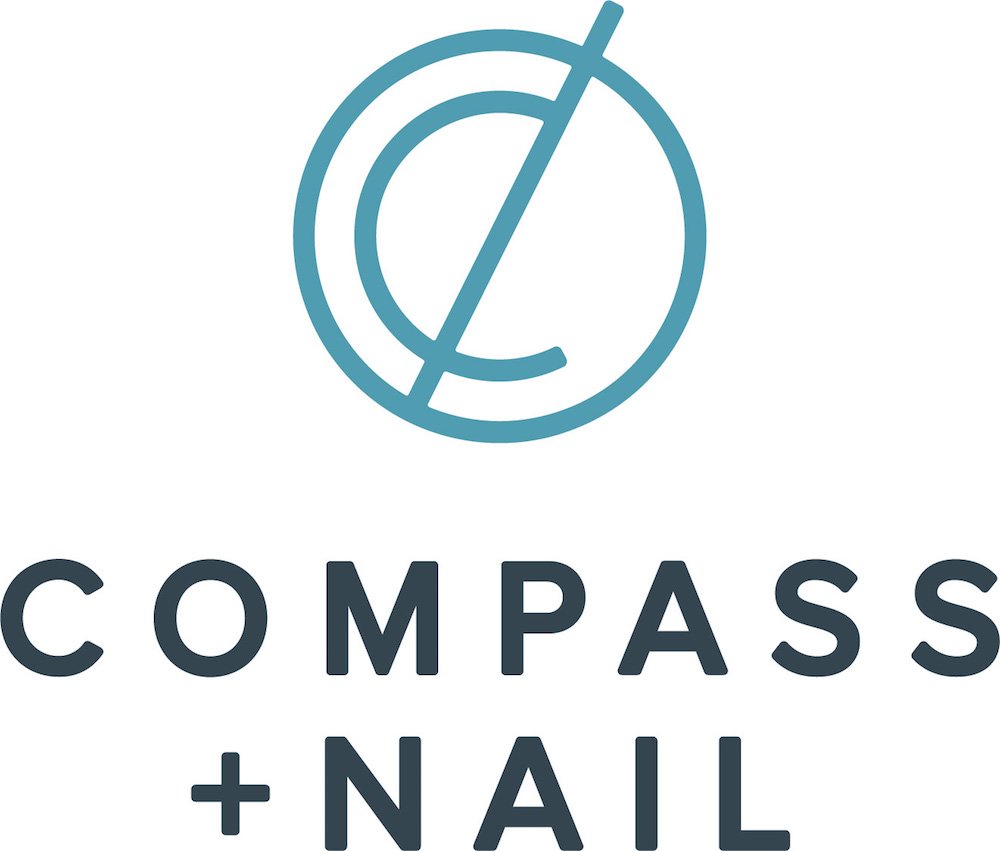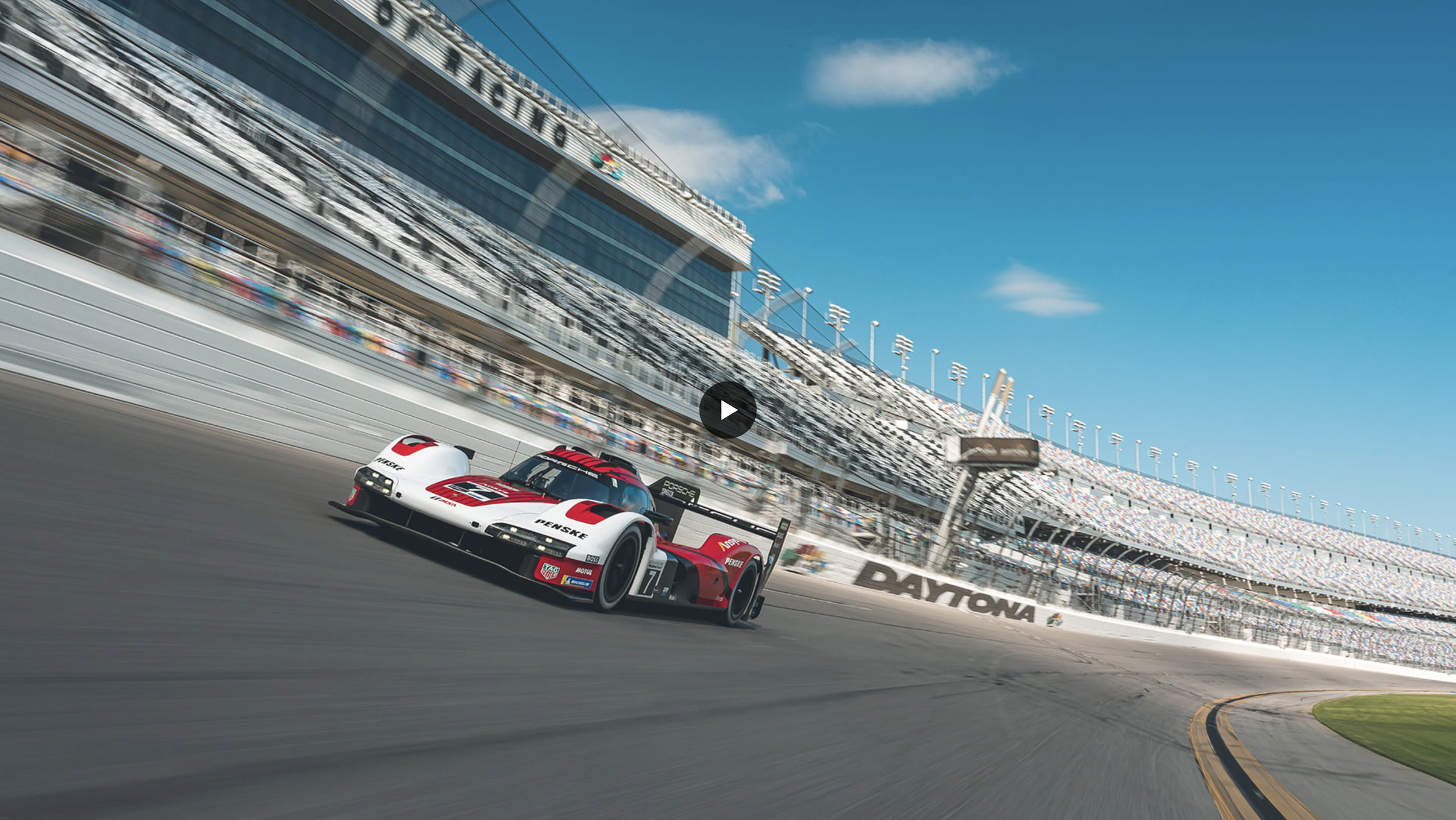Why Porsche Matters
Most of Compass and Nail’s clients come to us with a similar problem statement and a similar quest. The statement or quest typically arrives in the form of a challenge to themselves to realize their self identified opportunity. That usually trickles down to the need for growth and profitability, but it starts with a puzzlement: “We are doing something special here, but we can’t seem to get that into the market in a resounding way. What should we do?”
Every species of living thing exists on the planet in a narrow definition of fitness within a particular environment; i.e. a particular circumstance. From beetles to sharks to roses, they all find where they fit and thrive. Nature doesn’t compare and contrast, it specializes. The more narrow the niche, the more specialized, the more focused, the more success. Humans win because their specialty is tool-making. Some would argue that humans are generalists. We’re not. We make great tools. Tools win. But I digress. Iconic brands are also specialists. Less than iconic brands are generalists. There are two tendencies of brand managers that work to undermine their brand’s success by behaving like generalists: One is trying to please everyone; and the other is they lack the discipline of living by and stating a distinct point of view.
When a client comes our way and is immersed in the puzzle of “we are really great, but our success isn’t commensurate with our greatness,” the diagnosis consistently reveals the need to link their actual specialization (if it exists) to their expression, commitment, and demonstration of that specialization. It’s that simple.
Some Caveats:
You are not special because you make the same thing everyone else does, but you charge less. You aren’t special because you were the first or are the biggest. Great service does not make you special. Great product does not necessarily make you special (lots of brands make great stuff). Rave reviews, testimonials, and consumer satisfaction don’t make you special. And, finally, attaching your brand to a positively perceived good for people and/or planet does not make you special either.
Being special (spe·cial — adjective, better, greater, or otherwise different from what is usual) is hard because we are trained to compete first, which means our focus is external and our instinct is to pursue ‘better-than’ the competition. Great brands are born from an internal point of view resulting from self awareness and understanding. They are driven to see some kind of change in the world and a desire to experience something uniquely. This is how they end up being special (great, better).
Porsche is special. We’re all familiar with the tagline “There is no substitute.” That’s all well and good. But the reason that line has impact isn’t because it means Porsche is better. It’s because of the intent that phrase is built on that has been foundational at Porsche since it was founded. As stated in the archives of Porsche, the motivation and inspiration is an intrigue with “innovative design.” What that really means is ‘a fascination with design in the pursuit of perfect things.’ Perfect things is an obsession and has little to do with what the competition does.
Porsche brought their first car to market in 1948, but the company was founded in 1930 as a design house. Having quickly established themselves as having a talent for solving problems through an innovative design practice, in 1933 Porsche was commissioned to design a race car.
“In early 1933, the Porsche design office received a commission from Auto Union to develop a sixteen-cylinder race car according to the rules of the 750-kilogram racing formula. In December of 1932, months before concluding the contract, the Porsche team began work on the Type 22 mid-engine P race car. The legendary Auto Union Grand Prix car set new standards.”
The 911, Porsche’s most steadfast and iconic design, was originally brought to market in 1963. It still makes up 14% of all sales for Porsche. Why? Because it’s perfect. The silhouette, architecture, balance, driving nature, is, was, arguably perfect.
“Raceborn and ready,” emanates from the actual substance of the behavior of the organization and the principles that govern.
Today, on Porsche’s website, 90+ years since their founding, as they prepare their entry to the 2023 installment of the 24 Hours of Daytona, Porsche makes a simple statement: “Raceborn and ready.” To a sports car enthusiast or an enthusiast of driving, those words run chills up the spine. The words are authentic, they have gravitas, and they are rooted in the founding principle of the company: innovative design. In my words, ‘the design of perfect things.’ Note though that the phrasing, Raceborn and ready, emanates from the actual substance of the behavior of the organization and the principles that govern. Raceborn and ready is what Porsche does each and every day. It’s the experience of the company in all aspects of its operations and in all aspects of the customer’s experience of the company. It’s what the customer relies upon. The company is there as a demonstration and a proof point of something the consumer can believe in, that someone out there is, in earnest, pursuing perfect things. That’s inspiring, electrifying.
This is the crux, the linking of their specialization to their expression, commitment, and demonstration of that specialization. Iconic brands like Porsche do this with seeming ease. Who cares what everyone else is doing. This is what they are doing, regardless. And those that share this fascination love Porsche. Watch.

